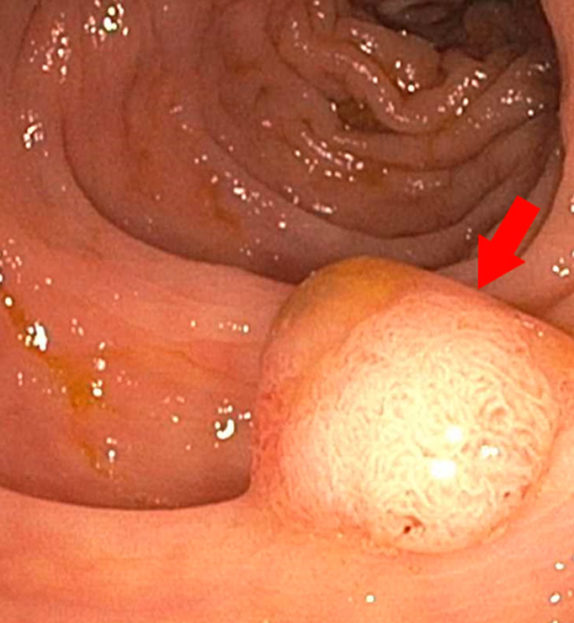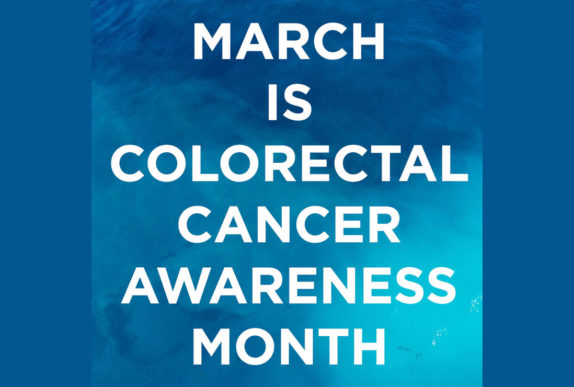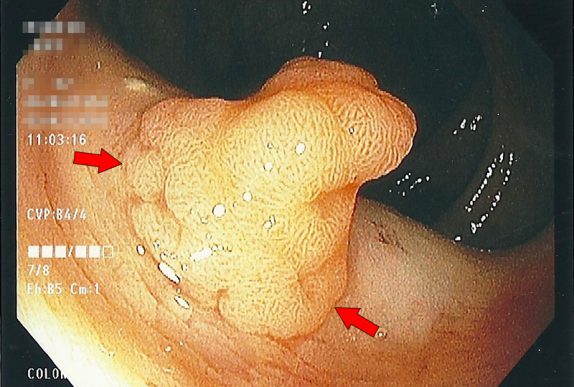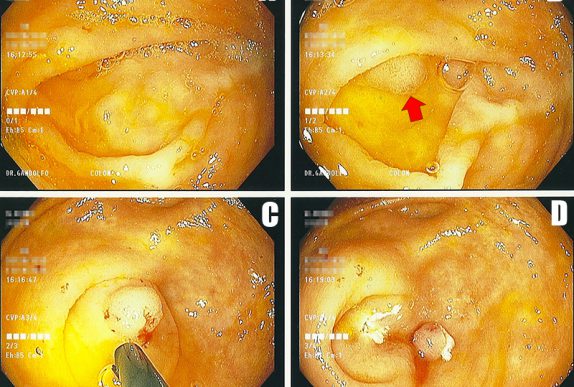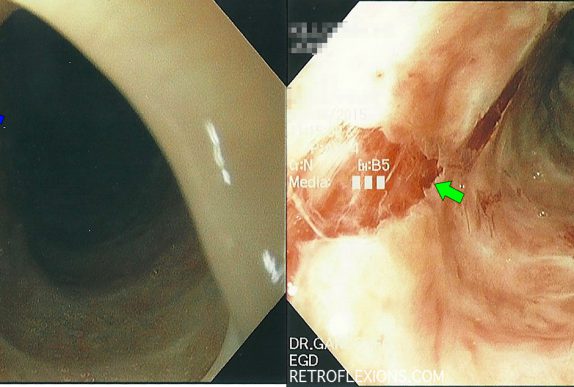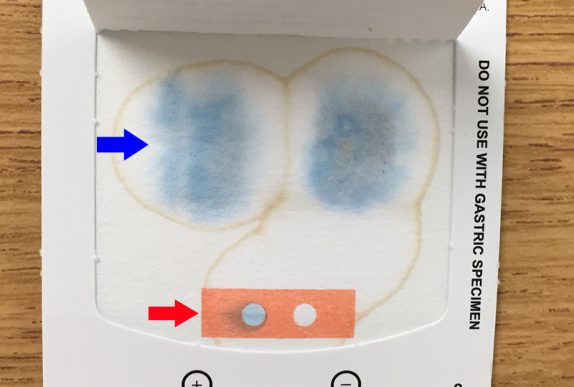Roughly half of all cases of colon cancer (and by extension, colon polyps) are a result of modifiable risk factors. These are the things that you can control. If we know what these risk factors are, maybe we can make better choices...
We think this process takes about 10-20 years to occur, which is a very important fact when it comes to colorectal cancer prevention. This long sequence, from adenoma to cancer, is the reason why screening can prevent colon cancer—
Alcohol is basically poison that people ingest willingly for pleasure, but just how much alcohol does it take to poison your liver? First we need to understand what alcohol does to the liver once ingested.
H. pylori lives in the stomach lining and causes chronic inflammation called gastritis, acting as a strong risk factor for both ulcer formation and stomach cancer. But how does someone get infected with H. pylori? Can people spread H. pylori by kissing?
I read with interest your blog today, and then some of your other offerings. I am a rural general surgeon who has done 12,000 colonoscopies in 35 years. My question is how do we know that screening is effective at reducing mortality?
What is immediately apparent from these numbers is that Cologuard rarely misses cancer. However, if we count polyps as a significant finding, there are plenty of false-positive results (45%) and plenty of false-negatives too (34%). So is Cologuard a good test overall?
If you notice, the basic idea here is pretty simple. According to the guidelines, there are really only a few options for follow-up intervals for colonoscopy: 10 years (negative exam), 5 years (low risk polyps), and 3 years (high risk polyps). Less than 3 years is only recommended in the truly unusual case of a large polyp burden or invasive cancer in a polyp. And that's it.
I thought it would be a good time to show a real-life example of colorectal cancer prevention in action. Let's pretend that you are a friendly neighborhood gastroenterologist, just minding your own business and doing a screening colonoscopy on a patient.
It is sometimes an awkward conversation to have, but the truth is that at a certain age, we eventually stop checking people for things that may cause them future harm.
Clearly, the screening guidelines recommend repeating a negative colonoscopy in ten years. Now what if I told you that many (if not most) practicing gastroenterologists recommend repeating the test in five years, not ten?
If there is one take-home message for colorectal cancer screening it is this: Start screening most people at age 50. Colonoscopy is the preferred screening test.
It is common practice to leave a permanent tattoo at the site of significant pathology ( such as a large polyp or tumor) inside the GI tract. We typically use a substance called SPOT, which consists of microscopic carbon particles in a suspension. When injected into tissue it becomes a permanent mark that can be seen from the inside of the organ with the scope, and from the outside of the organ by a surgeon.
Dysphagia (trouble swallowing) can be caused by many different problems. A strictured or narrowed esophagus is one common cause, and is often related to excess acid exposure in the esophagus. Usually strictures happen at one discrete location in the esophagus (often the lower part closest to the stomach where acid reflux damage is the most pronounced).
The purpose of this article is to define a few terms and clarify some common misconceptions about rectal bleeding.
Occult gastrointestinal bleeding simply means that there is blood loss into the GI tract that cannot be seen with the naked eye (as opposed to overt GI bleeding, where blood is seen). Typically, patients with occult GI bleeding have slowly progressive anemia due to slow chronic blood loss. There are a variety of causes of … Read more
